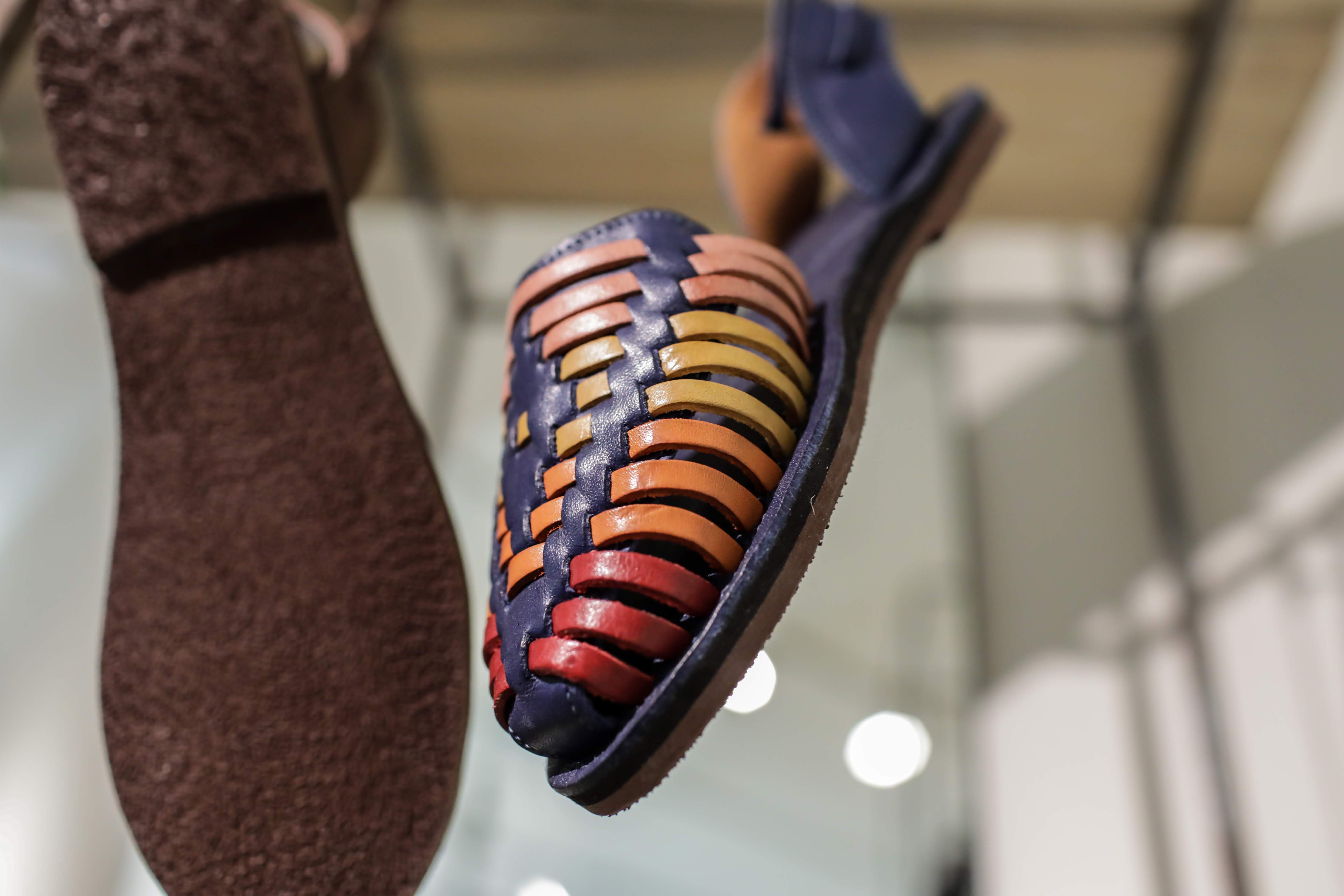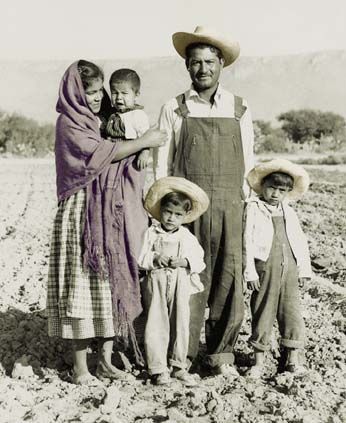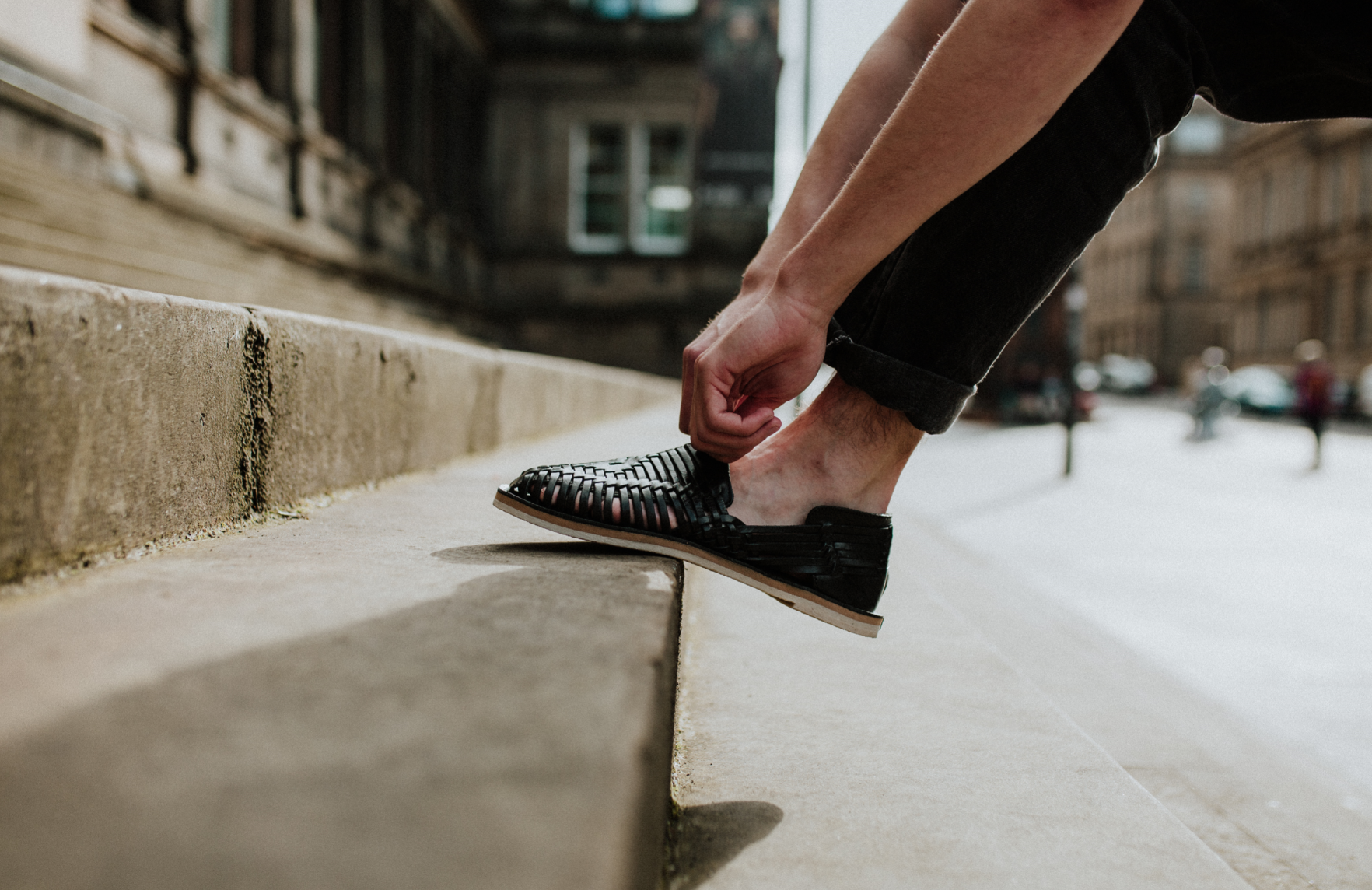
How Are Huaraches Made?
Written by Cecilia Otero on August 31st, 2020
The production of Mexican sandals is a centuries-old tradition that starts with high quality leather and ends with beautiful, comfortable, durable shoes. They’ve recently broken into mainstream fashion, but the process crafting these artisan made huarache shoes is still revered in Mexican culture. So how exactly are they made?
……..
The remarkable tradition of making Mexican sandals, or huaraches, is one that has lasted for centuries. Pre-Columbian in origin, Huarache shoes are undoubtedly an icon of indigenous tradition. Originally catering to the working-class, huaraches represent the hard work and dedication of Mexican culture.
Despite breaking into mainstream fashion, the production of artisan made huaraches is a highly revered skill that continues to hold honor to its name. Special craftsmen called huaracheros spend years training under mentors to perfect their technique, a custom that is often kept within families and passed down between generations.
Huarache shoes are as diverse as their country of origin, with distinct styles varying from region to region. While all huaraches are created from two main components (soles and straps), there are countless colors, patterns, and materials that can be implemented into each shoe.
Every huarachero may have their own specific work process, but here’s the main blueprint to the construction of these iconic Mexican sandals.

- Quality Materials
The most important component of any artisan made piece is starting out with high quality materials. In the case of huarache shoes, this means seeking out fine vegetable tanned leather.
Leather tanning ensures durability, and it’s at this point in the process that any desired colors are added to the material.
- Las Correas
When cutting the straps and laces (correas) of a huarache, it is crucial for the shoemaker to make precise measurements and keep a steady hand.
Many senior huaracheros are so skilled that they can do so without the use of a ruler, opting instead to use their own fingers for reference.
Correas vary in size depending on the style of the huarache shoe. They can be thick, thin, wide, narrow, or braided.
- The Sole
The sole is the foundation of the shoe, so it’s important for everything about it to be perfect. Historically, the soles of huaraches were made from bull-hide. Today, they are often made from recycled rubber, providing maximum comfort, support, and durability.
Huarache soles were once cut by hand, a laborious task. Today, they are cut using a manual shoe sole puncher, ensuring consistency and precision across each pair of artisan made sandals.
- Handmade Details
Once each piece of leather is precisely cut, it’s important to soak it in oil and water to keep it supple and pliable.
Soles are seamed and each leather piece is mounted on a shoe last, ensuring a perfectly snug fit.
At this point, artisans carefully weave and braid the correas together, creating the beloved huarache look that’s admired by so many.
- Final Polish



